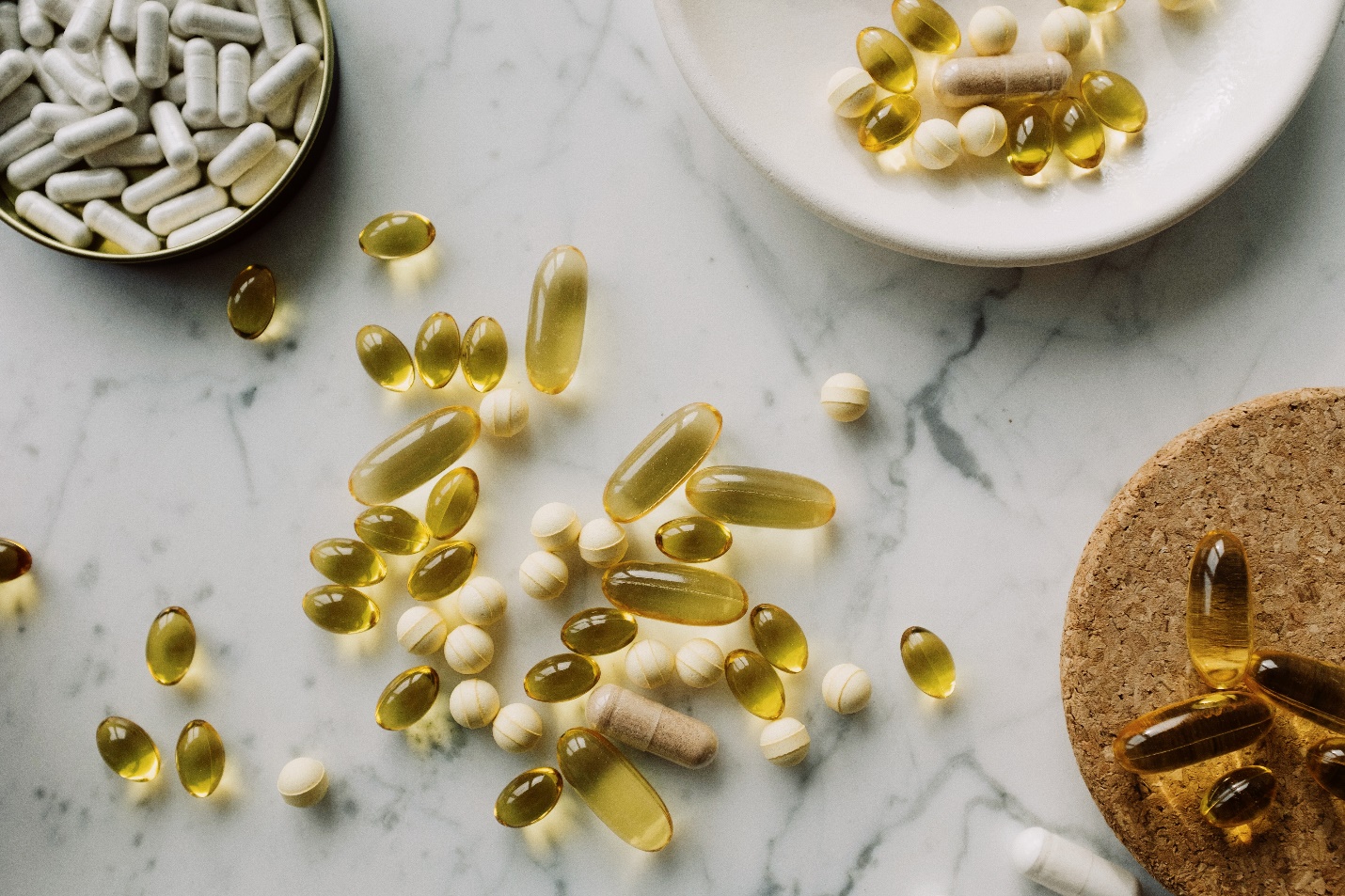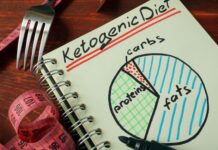People navigating the path of addiction recovery often grapple with complex challenges. Achieving a balanced lifestyle can seem daunting, especially when it involves multiple aspects of well-being. This article explores three primary elements: food, fitness, and fulfillment, about the path of recovery.

The Role Of Nutrition In Recovery
It’s not a secret that our body’s health directly correlates to what we put into it. For those going through a heroin addiction treatment, the significance of nutrition cannot be overstated. Proper nutrition can aid the healing process, fostering a stronger, more resilient body that can withstand the rigors of recovery.
Here’s the deal: Consuming a diet rich in vitamins, minerals, and essential nutrients can help rejuvenate the body from within. When people replace harmful substances with healthy foods, they feed their bodies the right fuel to rebuild and restore themselves. A balanced diet can help manage withdrawal symptoms, reduce cravings, and improve mental health.
But there’s a catch: it’s not just about eating healthy foods; it’s also about maintaining a balanced diet. That means understanding the role of macronutrients – proteins, carbohydrates, and fats, and micronutrients – vitamins and minerals, in your body’s functioning.
Fueling Fitness And Recovery
Next up, let’s talk about fitness. You might wonder, ‘How does physical activity contribute to addiction recovery?’ Let’s take a closer look.
Physical activity is crucial for a balanced lifestyle. Regular exercise can alleviate stress, improve mood, and boost self-confidence. Engaging in regular fitness activities can be a healthy coping strategy for individuals in recovery. Physical fitness helps divert the mind from cravings while enhancing mental and physical well-being.
Exercise doesn’t necessarily mean joining a gym or training for a marathon. It could be as simple as walking, cycling, yoga, or dancing. The goal is to stay active and engaged, which can be a significant step towards leading a fulfilled life post-recovery.
Fulfillment In Addiction Recovery
Lastly, let’s delve into the concept of fulfillment. Fulfillment is a broad term that encapsulates a sense of satisfaction and achievement. It’s about living a life aligned with your values and aspirations.
In addiction recovery, finding fulfillment can often involve rebuilding relationships, pursuing passions, or engaging in meaningful work. It can provide a sense of purpose, which can be instrumental in staying on the path of recovery.
Building A Support System
Transitioning to the next critical aspect, the role of a robust support system cannot be overstated in recovery. The journey of overcoming addiction can be tough, and having people to lean on can make all the difference. A support system includes family, friends, recovery groups, or therapists.
Moreover, don’t forget to reach out when you’re feeling overwhelmed. Remember, it’s okay to ask for help. Seeking support is not a sign of weakness but a testament to your resilience and commitment to recovery.
Coping With Setbacks
Remember, the journey to a balanced lifestyle isn’t always linear. There will be days when you might face setbacks. But don’t let that discourage you. Mistakes and setbacks are not failures but stepping stones to learning and growth.
One way to cope with setbacks is by practicing mindfulness. It’s about staying present, accepting the situation without judgment, and taking steps to move forward. Mindfulness can help you better understand your emotions and reactions, which can be beneficial in managing cravings or dealing with stress.

Mindfulness And Meditation In Recovery
Adding to our discussion on fulfillment is the practice of mindfulness and meditation. These are powerful tools that can aid individuals on their recovery journey. Being present, focusing on the breath, and accepting thoughts without judgment can provide a respite from the turbulence often associated with addiction recovery.
Moreover, meditation has been shown to reduce anxiety and improve mental clarity. These benefits can be incredibly helpful when navigating recovery’s emotional highs and lows. Regular practice can enhance your capacity to cope with stress and lead to a more balanced and peaceful mindset.
Cultivating Healthy Sleep Habits
Sleep patterns are often disturbed in the throes of addiction, leading to insomnia or other sleep disorders. However, quality sleep is crucial for physical health and emotional well-being. Good sleep can improve mood, increase energy levels, and enhance the body’s healing ability.
Adopting healthy sleep habits, such as maintaining a regular sleep schedule, creating a restful environment, and avoiding stimulating activities before bed, can contribute to better sleep quality. Don’t underestimate the power of a good night’s rest. It’s more than just a necessity; it’s a significant pillar of a balanced lifestyle.
Importance Of Hydration
While we’ve discussed the importance of nutrition, it’s equally important to mention hydration. Regular water intake is vital for body functions such as digestion, absorption, and transportation of nutrients. Besides, water aids in maintaining body temperature and detoxification.
For those in recovery, staying well-hydrated can help manage cravings and enhance overall well-being. Water intake might seem like a small detail, but it carries a significant impact.
The Power Of Routine
Developing a daily routine can be a game-changer in the journey of addiction recovery. It provides structure, brings a sense of normalcy, and reduces the uncertainty that can trigger stress or anxiety. A routine can encompass all our discussed elements: balanced eating, regular exercise, sufficient sleep, and mindfulness practices.
A routine doesn’t have to be overly rigid. Instead, it should be a flexible guide that helps you manage your time effectively while leaving room for leisure and relaxation. The aim is to create a sustainable pattern supporting recovery and promoting a balanced lifestyle.
Harnessing The Power Of Positive Affirmations
Positive affirmations can be a valuable tool in nurturing self-belief and boosting morale. The process involves repeating positive statements that can help alter subconscious beliefs and thought patterns. For instance, saying, ‘I am strong and capable of overcoming my challenges,’ can gradually change your mindset and encourage positive action.
Regular practice of positive affirmations can aid in building resilience and strengthening self-esteem, crucial aspects of addiction recovery. It’s an empowering practice that can help cultivate a positive outlook and enhance your fulfillment.
Importance Of Continuing Education
Knowledge truly is power, particularly when it comes to recovery from addiction. Learning more about the nature of addiction, treatment options, coping mechanisms, and even the science behind it all can provide a sense of control. Education can also assist in battling stigmas and myths that might hinder recovery.
Continuing education doesn’t have to be formal or structured. It could involve attending workshops, joining support group discussions, reading relevant books, or simply keeping up with the latest research online.
Creative Outlets And Their Therapeutic Value
In its many forms, art has a therapeutic value that can be particularly beneficial during recovery. Whether it’s drawing, painting, writing, dancing, or playing a musical instrument, creative outlets provide a means of self-expression and a way to process complex emotions.
Additionally, immersing yourself in a creative activity can be a healthy distraction from cravings or negative thoughts. It’s a form of mindfulness that keeps you focused on the present, helping to manage stress and anxiety associated with recovery.
Connection With Nature
Spending time in nature can offer many benefits for those in recovery. Nature offers a peaceful retreat from daily stresses and can help foster a sense of serenity and balance. The sights and sounds of the outdoors can help calm the mind, lower stress levels, and improve mood.
Outdoor activities, such as hiking, gardening, or simply enjoying a picnic in a park, can help individuals stay active and grounded. Connecting with nature can promote mindfulness, improve mental health, and enhance well-being.
The Role Of Therapy And Counseling
Therapy and counseling play a significant role in recovery. Trained therapists can provide strategies to manage cravings, cope with stress, and deal with underlying issues that might contribute to addiction. Cognitive-behavioral therapy, in particular, can help individuals change harmful thought patterns and behaviors.
Counseling can provide a safe space to express feelings and fears without judgment. It offers invaluable support and guidance that can aid in navigating the complexities of recovery.
Pet Companionship In Recovery
Pets can provide comfort, companionship, and a sense of purpose. For individuals in recovery, pets can offer emotional support and unconditional love, which can be profoundly healing. Caring for a pet can help build routines, encourage physical activity, and even provide opportunities for social interaction.
Embracing Spirituality
Spirituality can be a source of strength and comfort for many in recovery. This doesn’t necessarily mean embracing a particular religion; it can be about seeking peace, purpose, or connection with something greater.
Spiritual practices, such as meditation, prayer, or participation in a faith community, can provide a framework for understanding and dealing with the challenges of recovery.
Bringing It All Together
To sum it all up, the journey toward cultivating a balanced lifestyle in addiction recovery involves focusing on nutrition, fitness, and fulfillment. It’s about nourishing your body with healthy foods, staying active, finding purpose, and building a strong support system. And remember, it’s okay to face setbacks; they’re part of the journey. Embrace them as opportunities for growth and learning.
While the path to recovery may seem challenging, remember that every step you take brings you closer to a healthier, happier, and more fulfilled life. You’ve got this; remember, you’re never alone in this journey.









![Daily Bite [Make]: Philly Cheesesteak Stuffed Bell Peppers](https://dashofwellness.com/wp-content/uploads/2013/01/Philly-Cheesesteak-Stuffed-Pepper-Daily-Bite-1-100x70.png)
